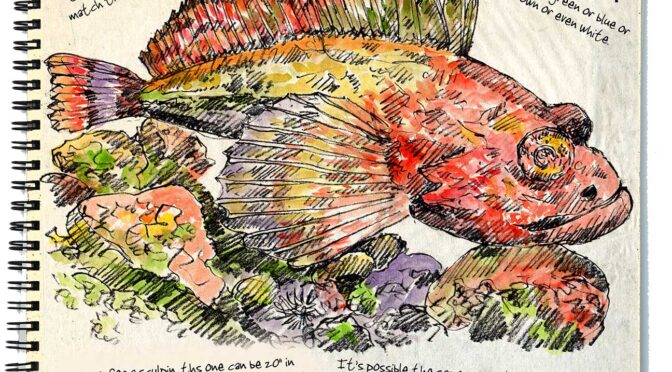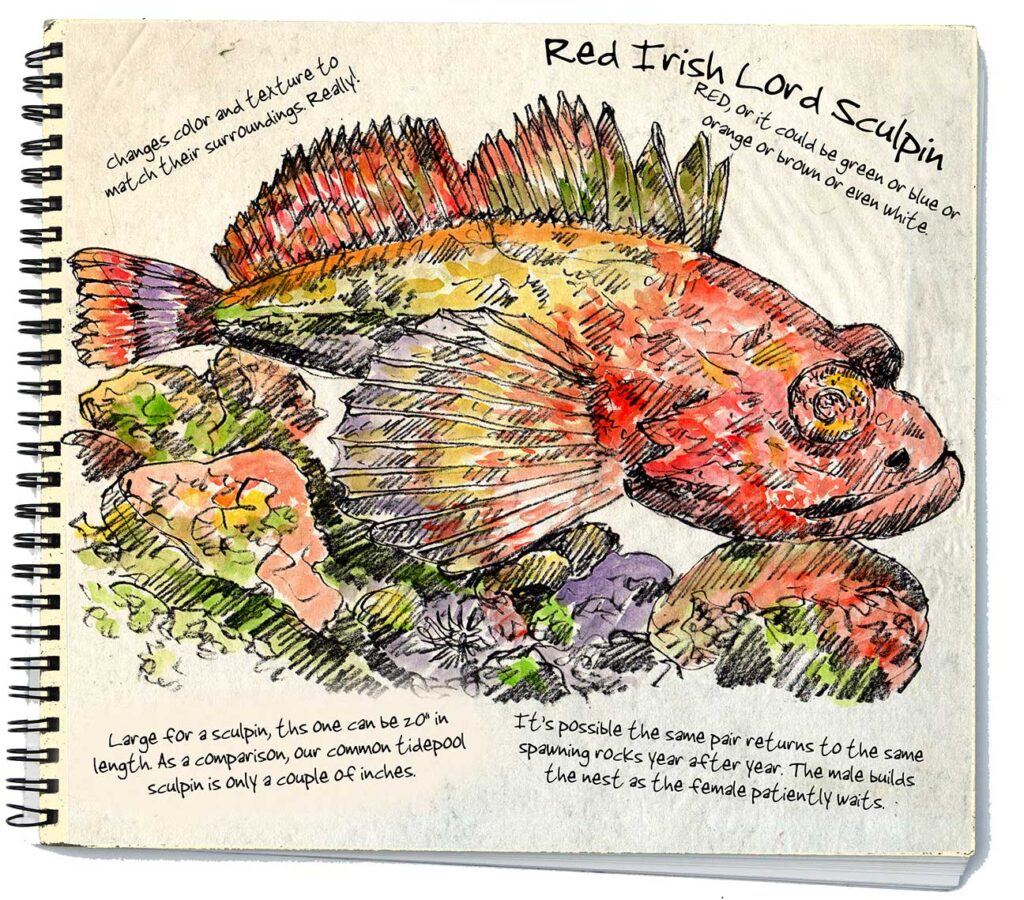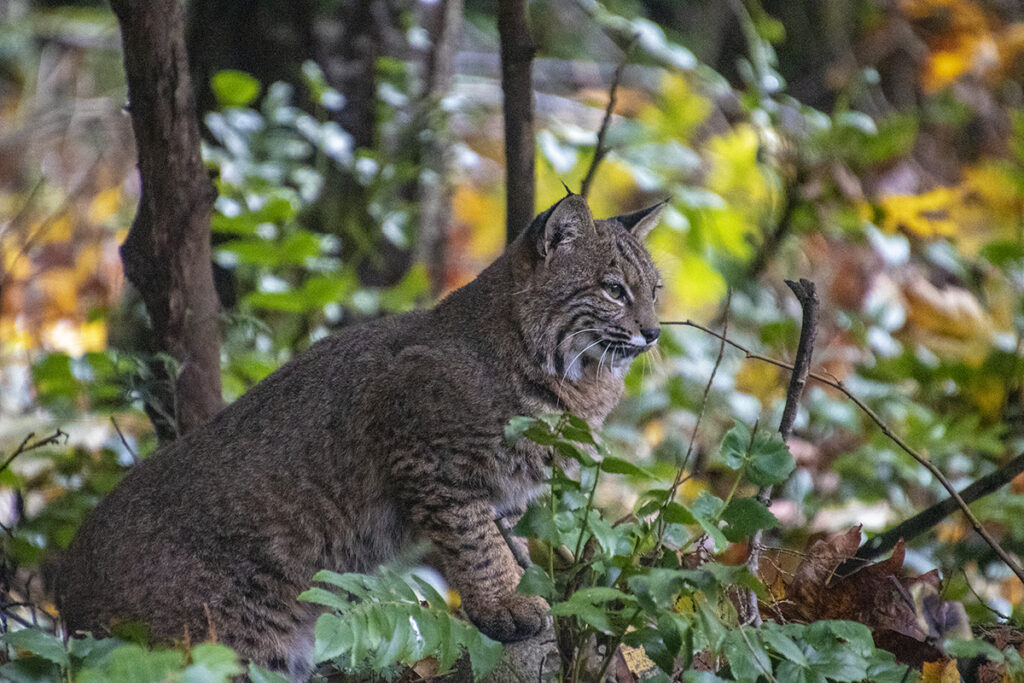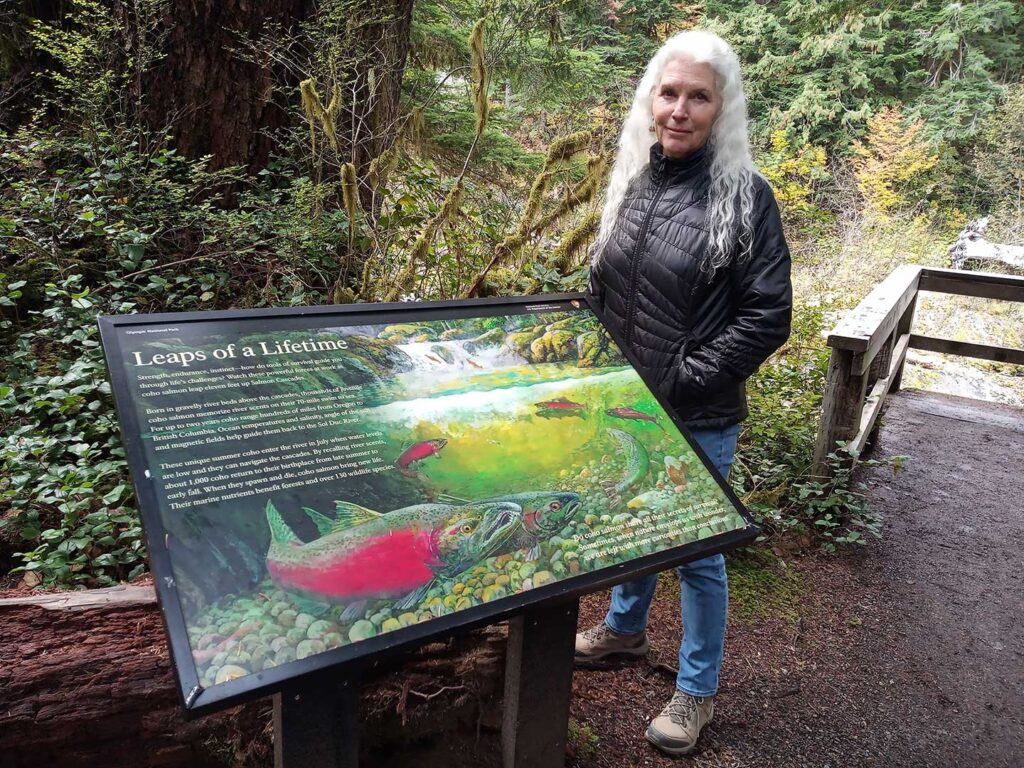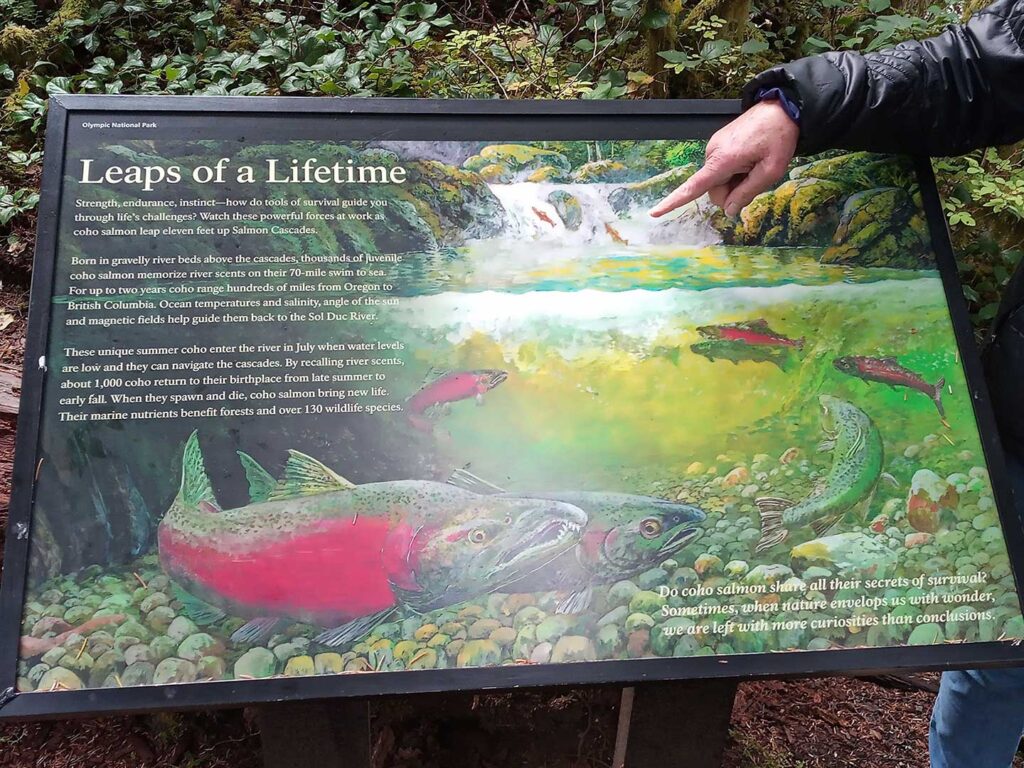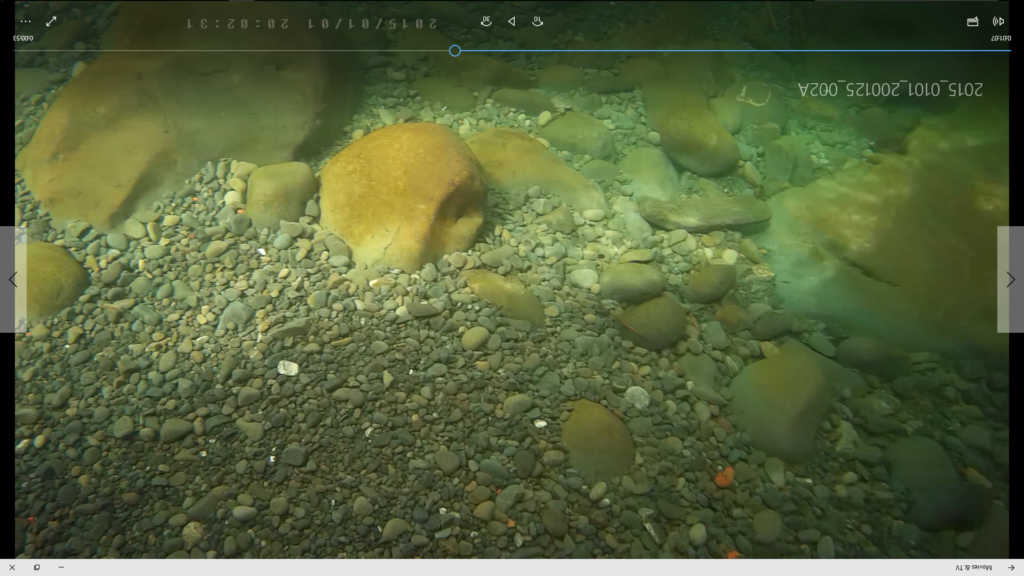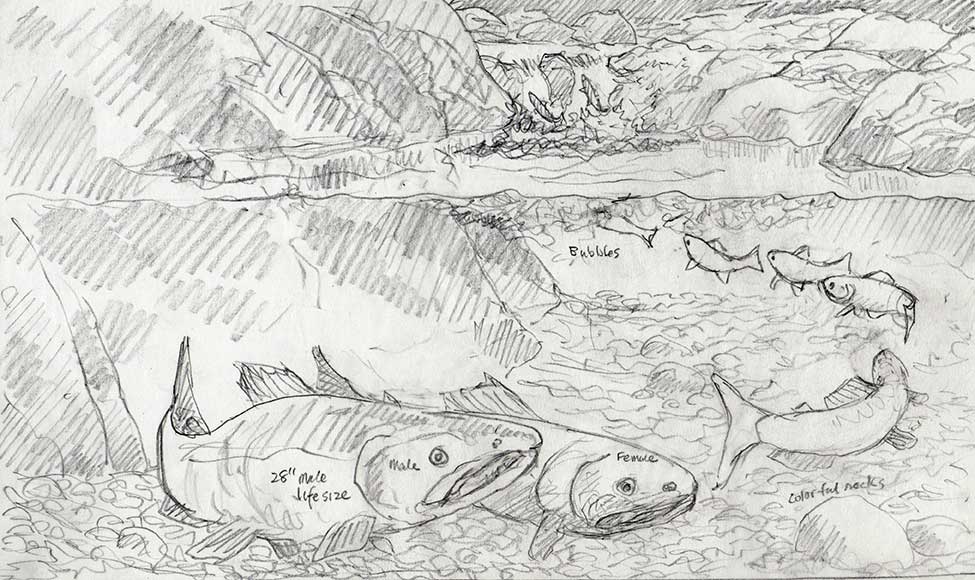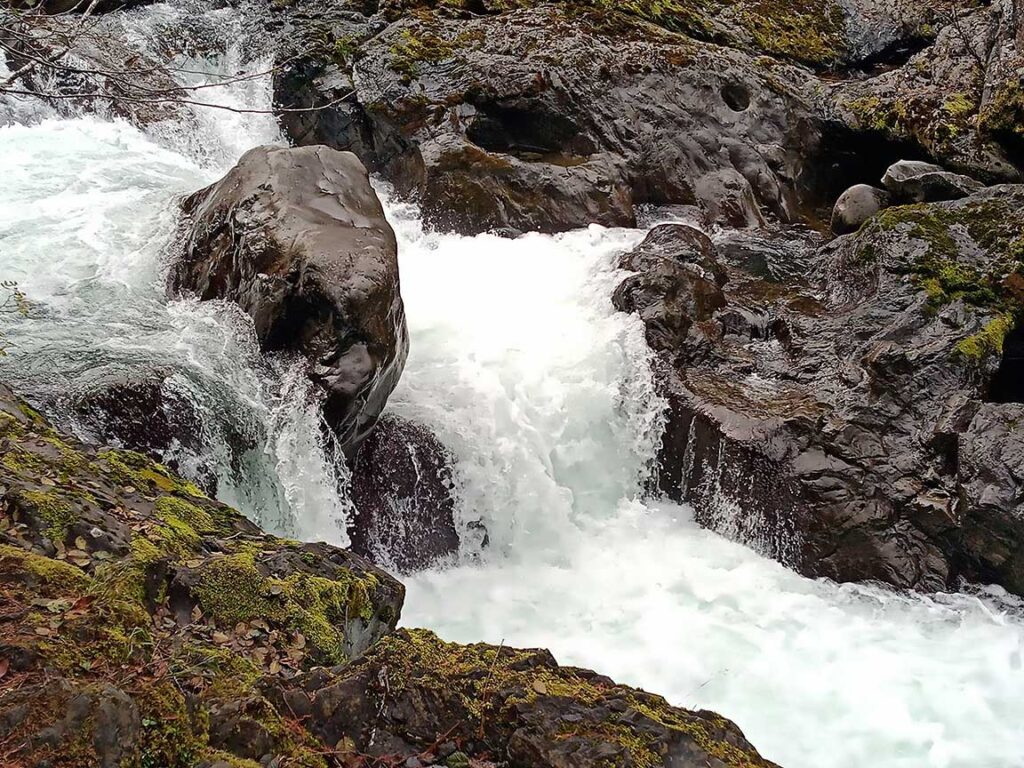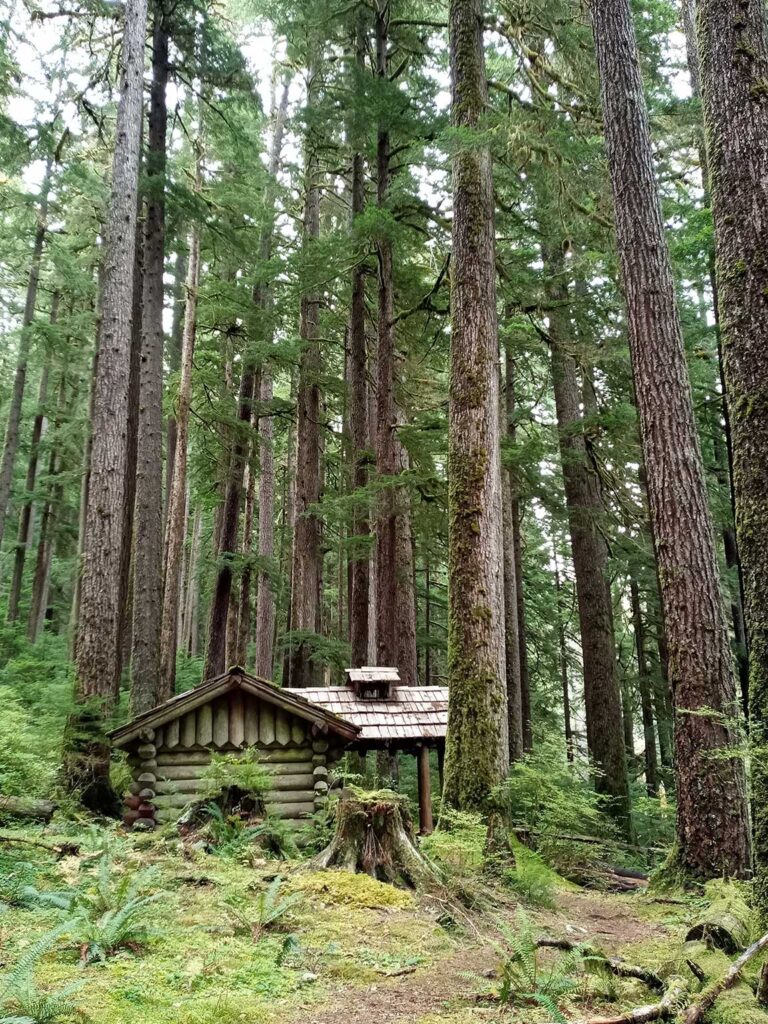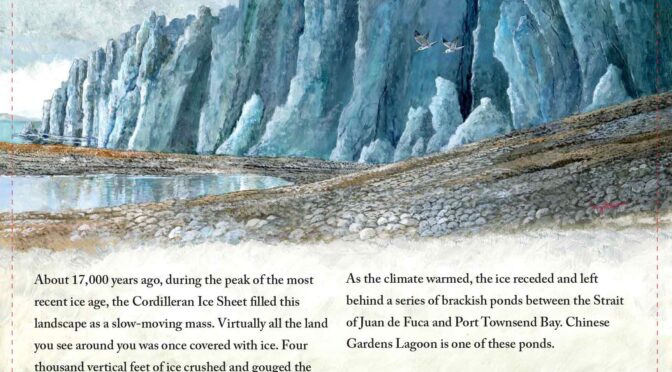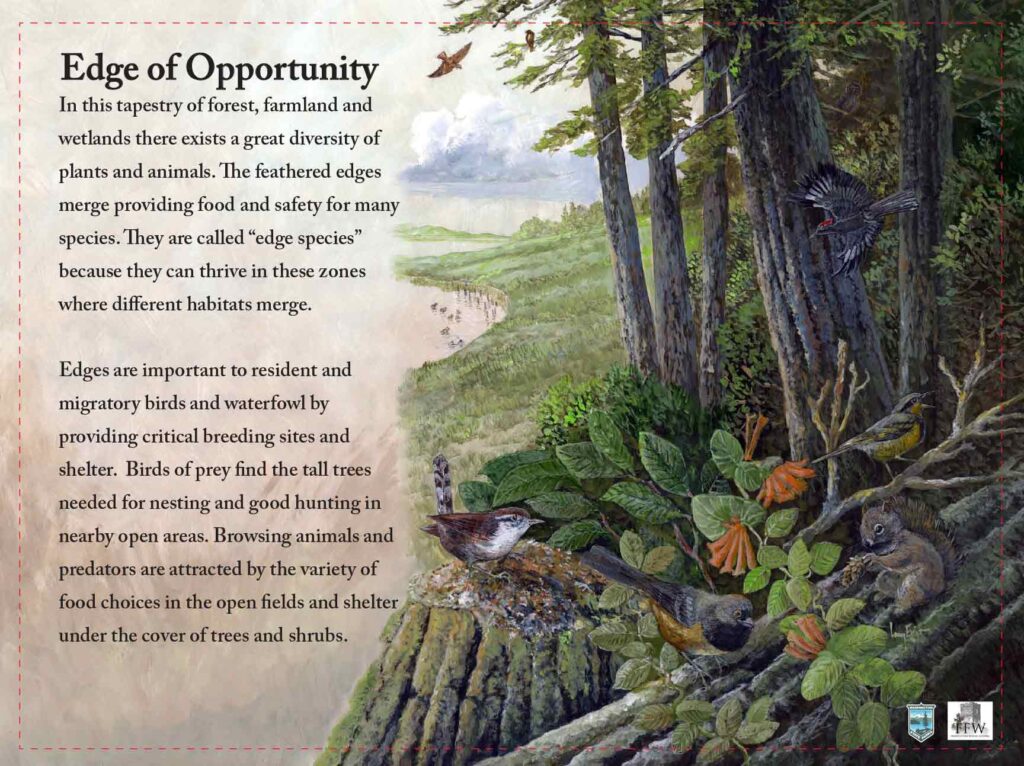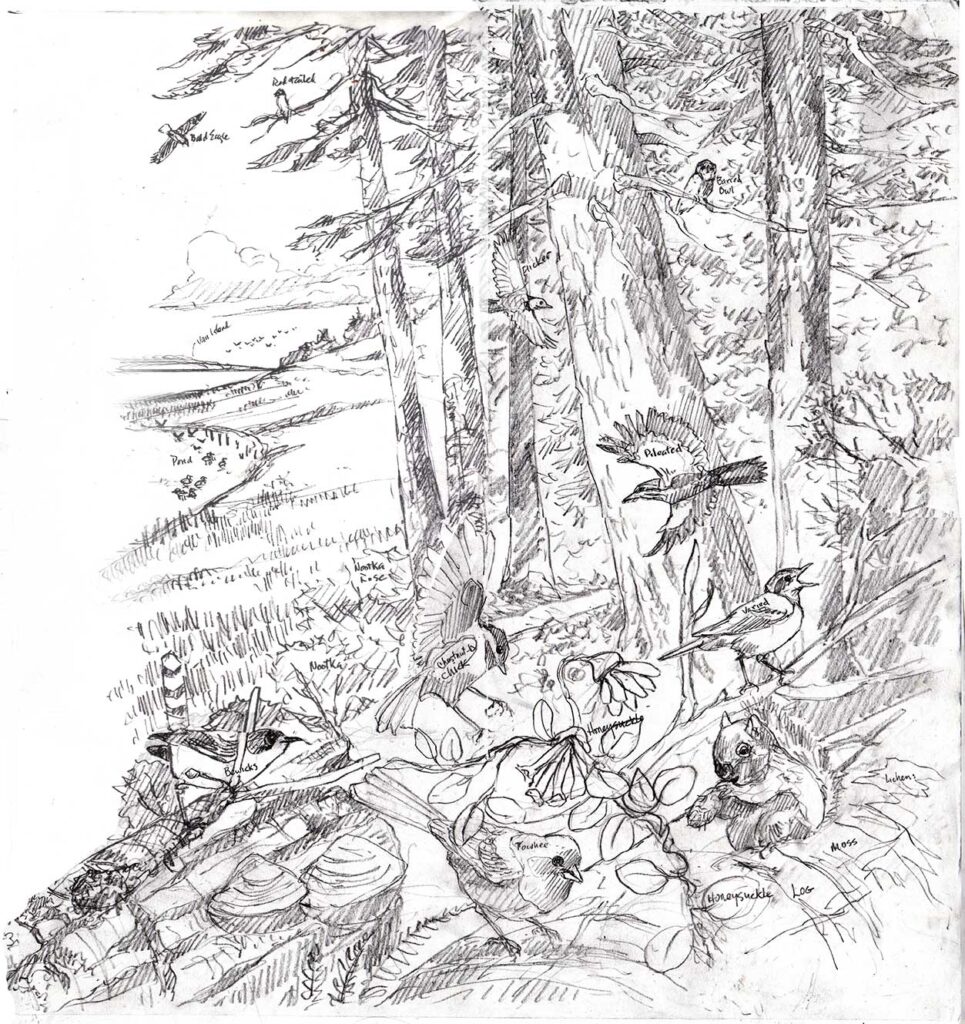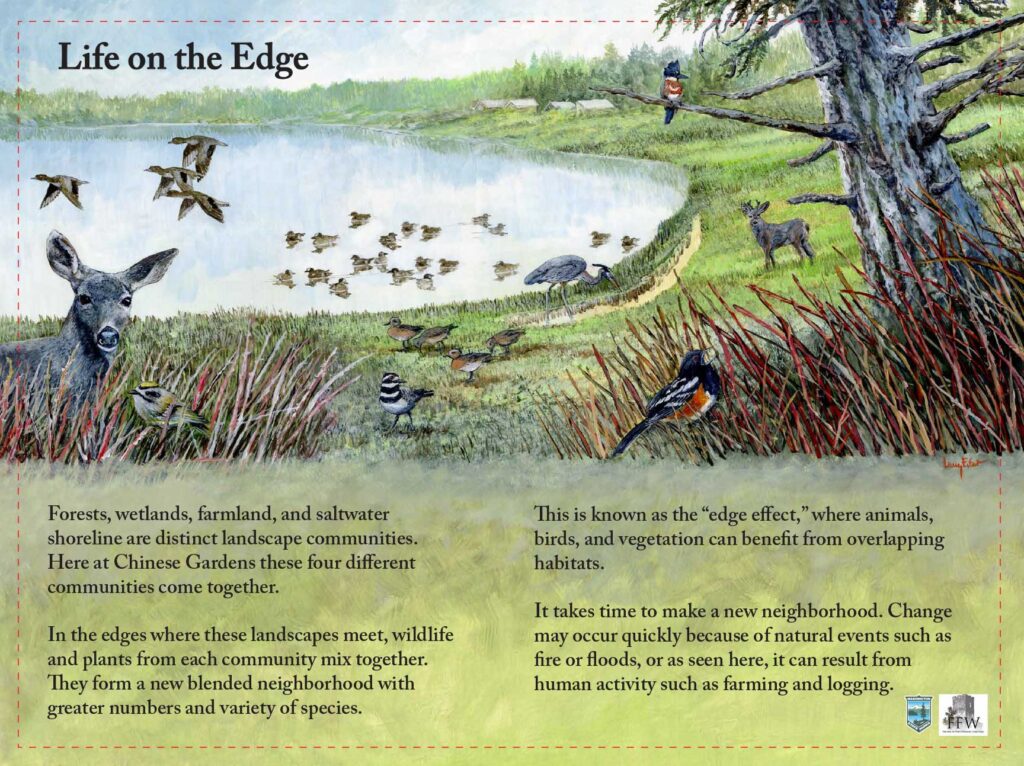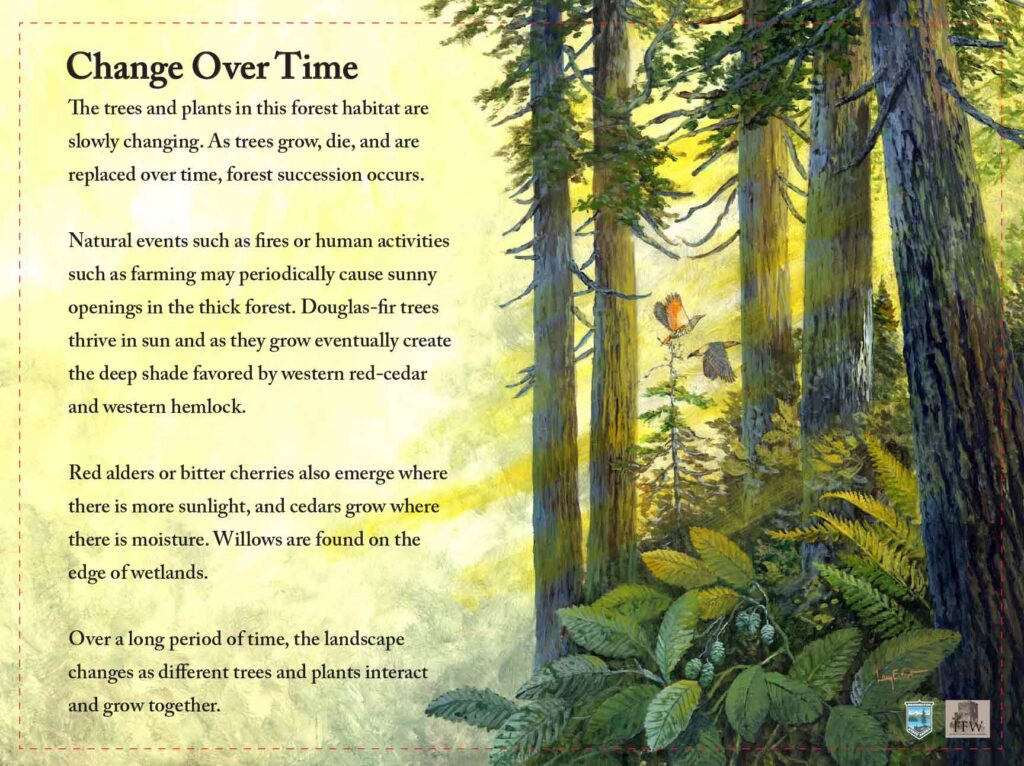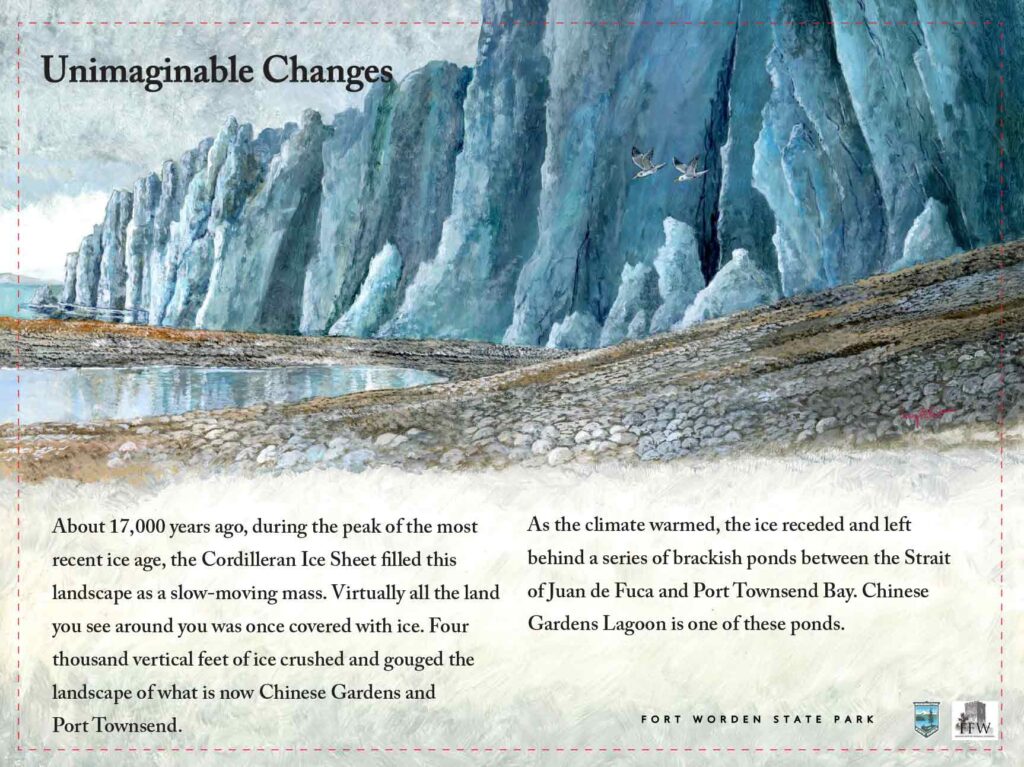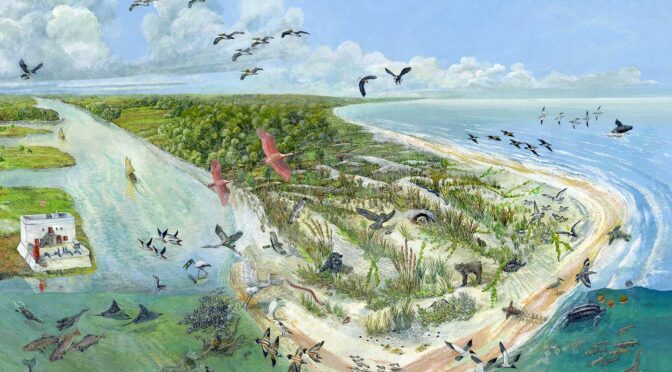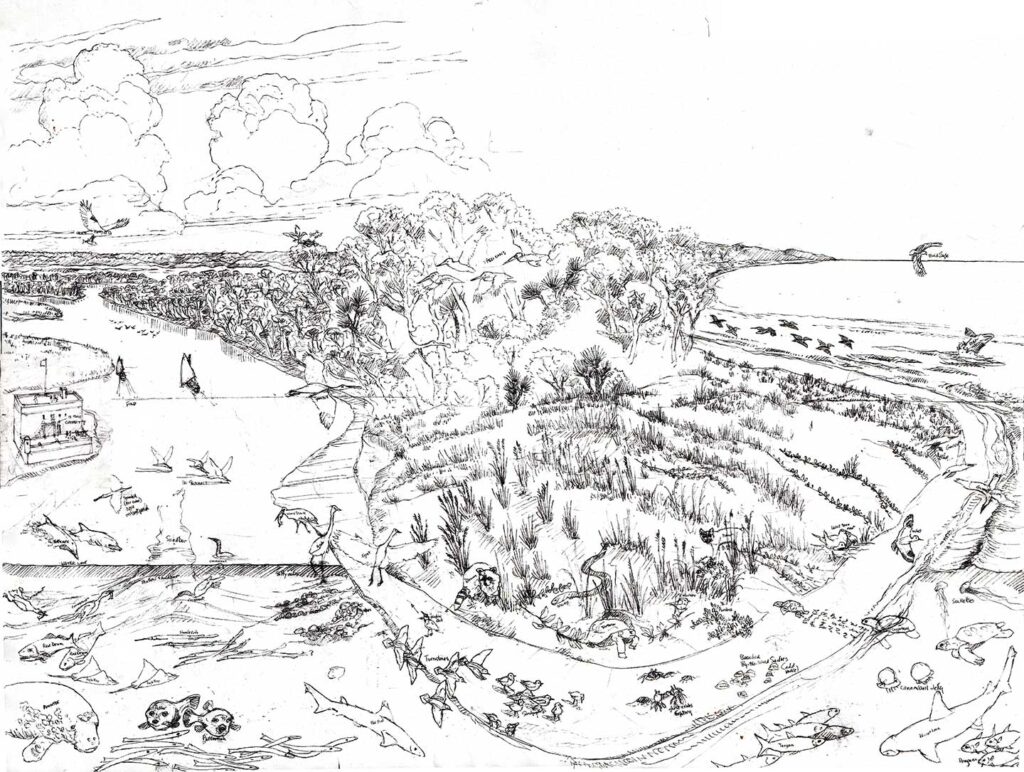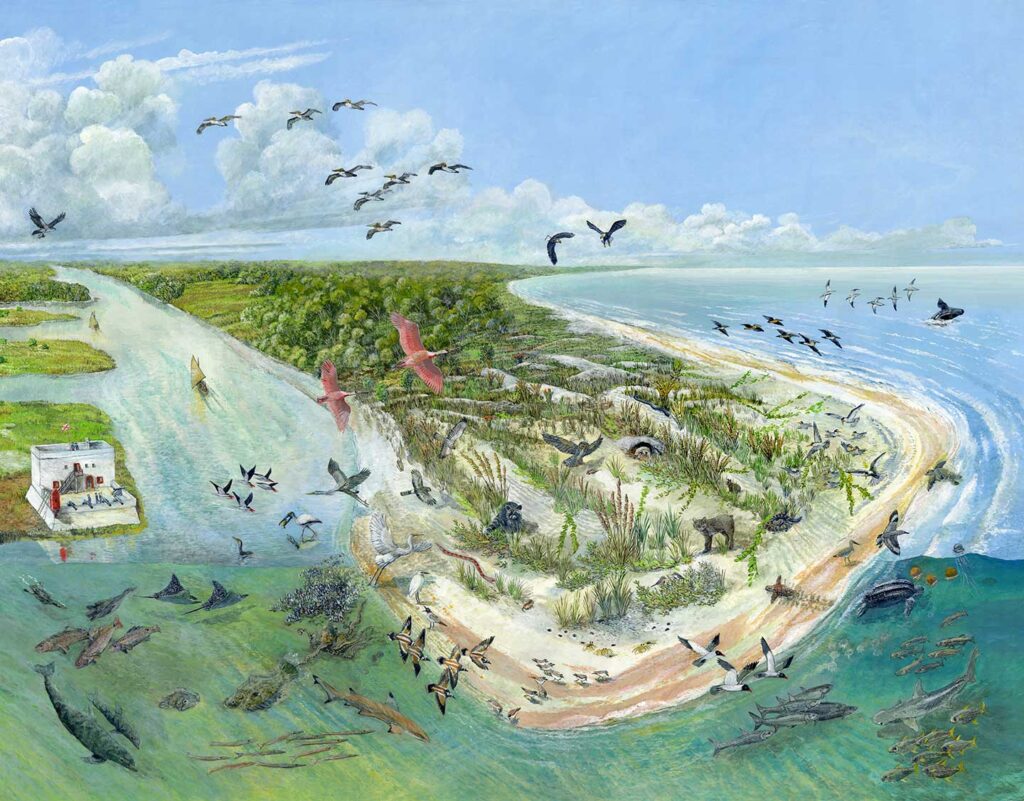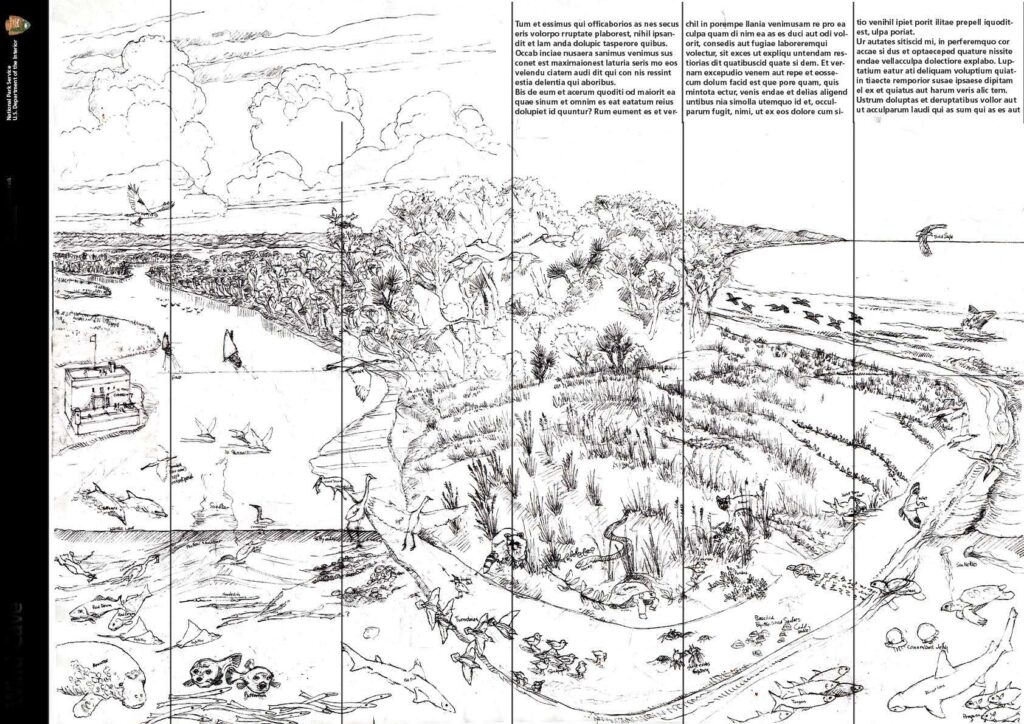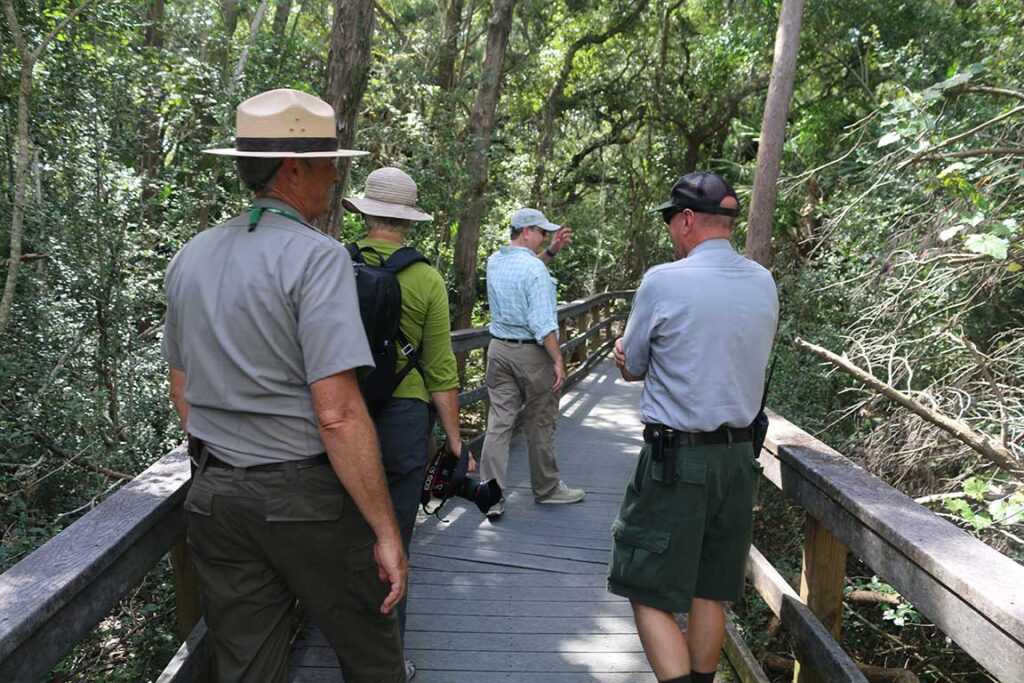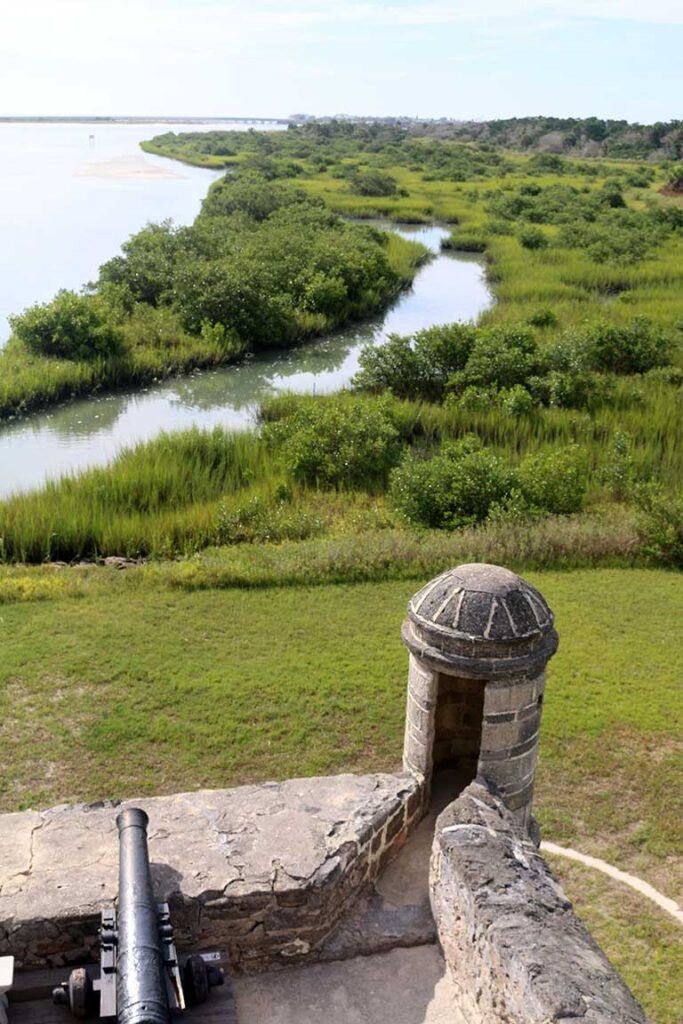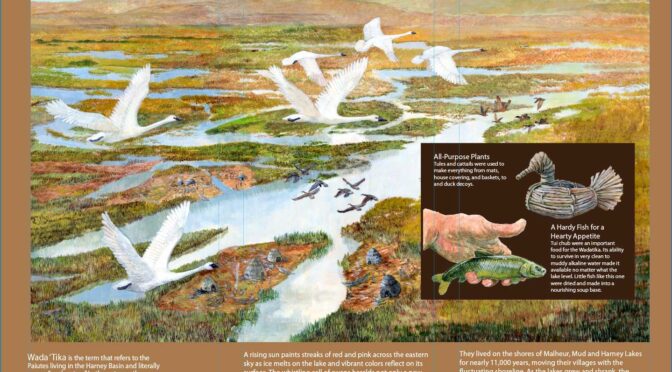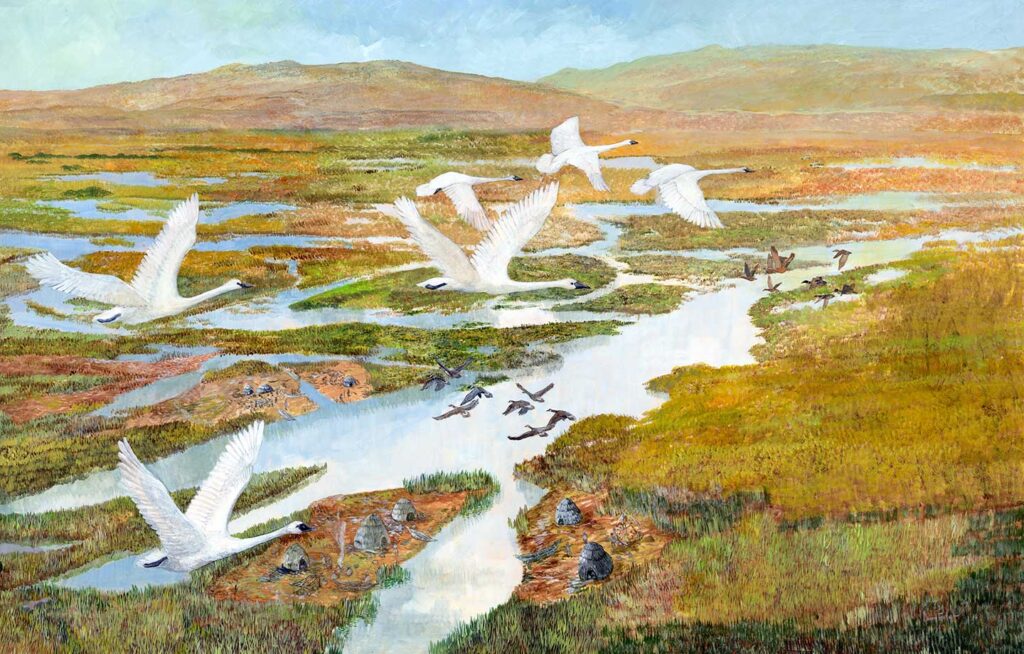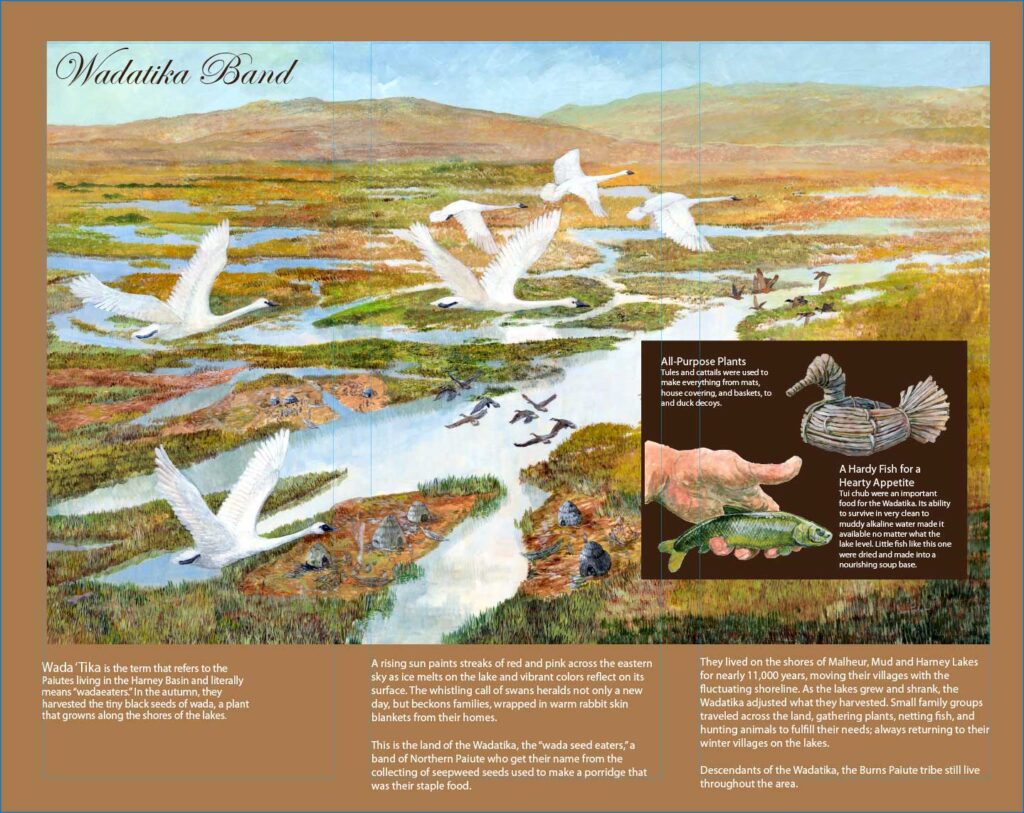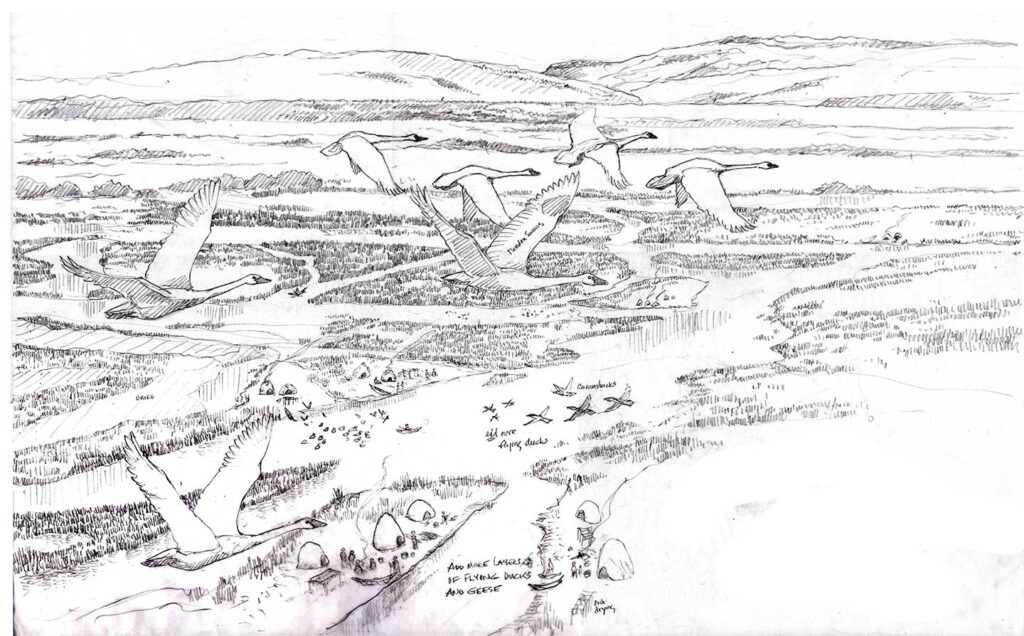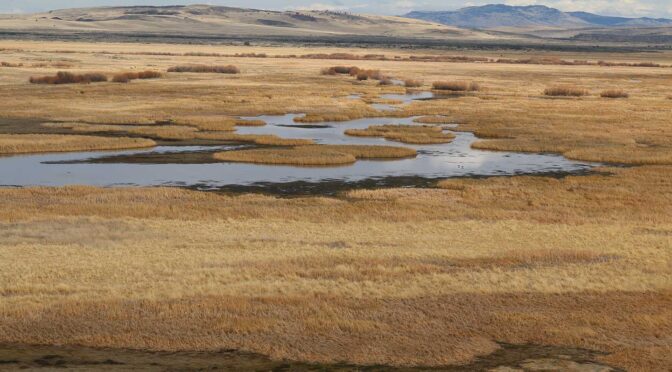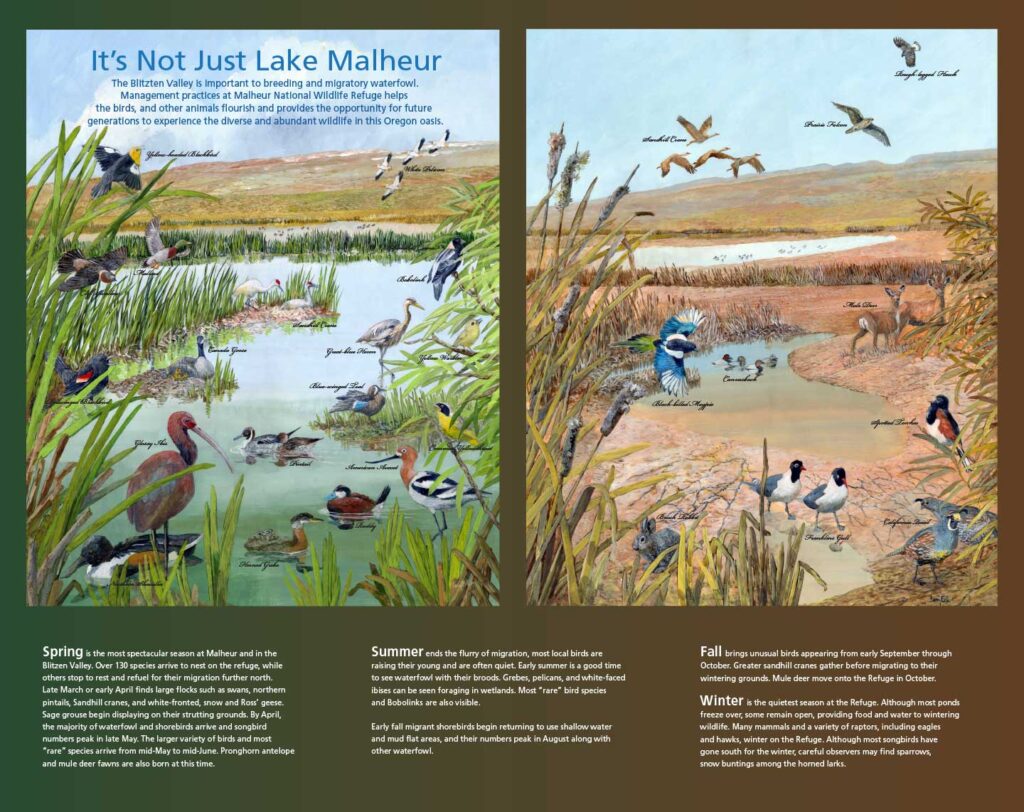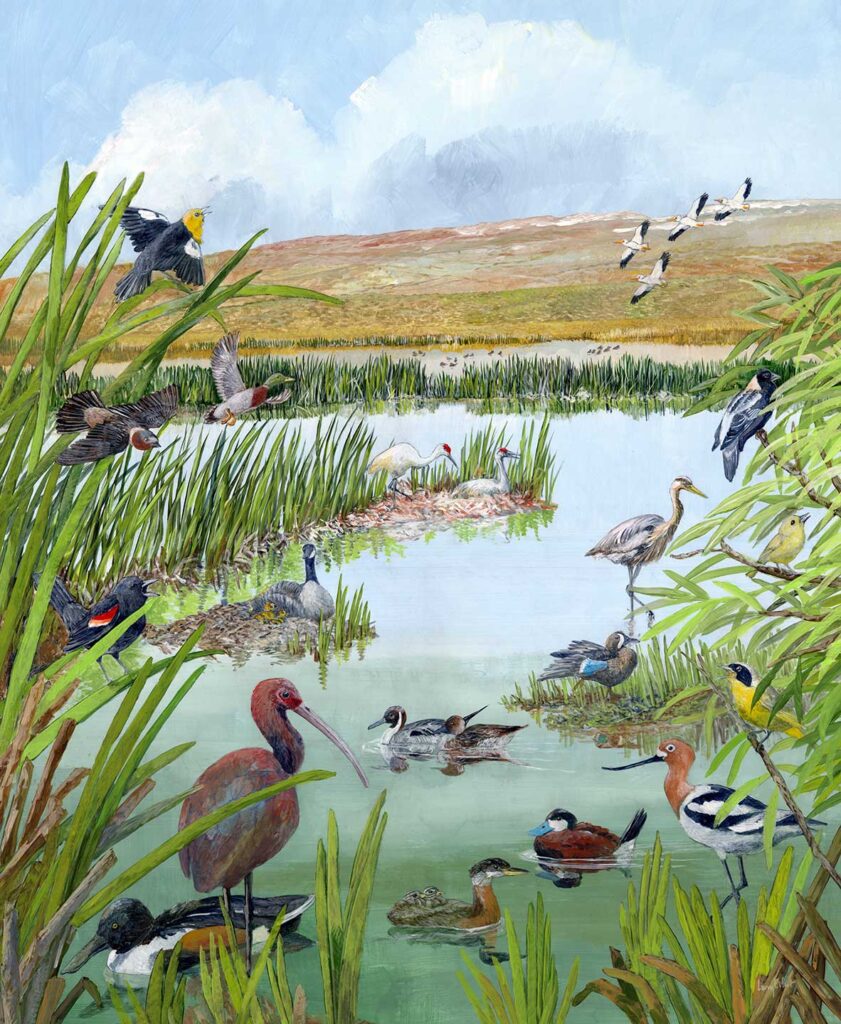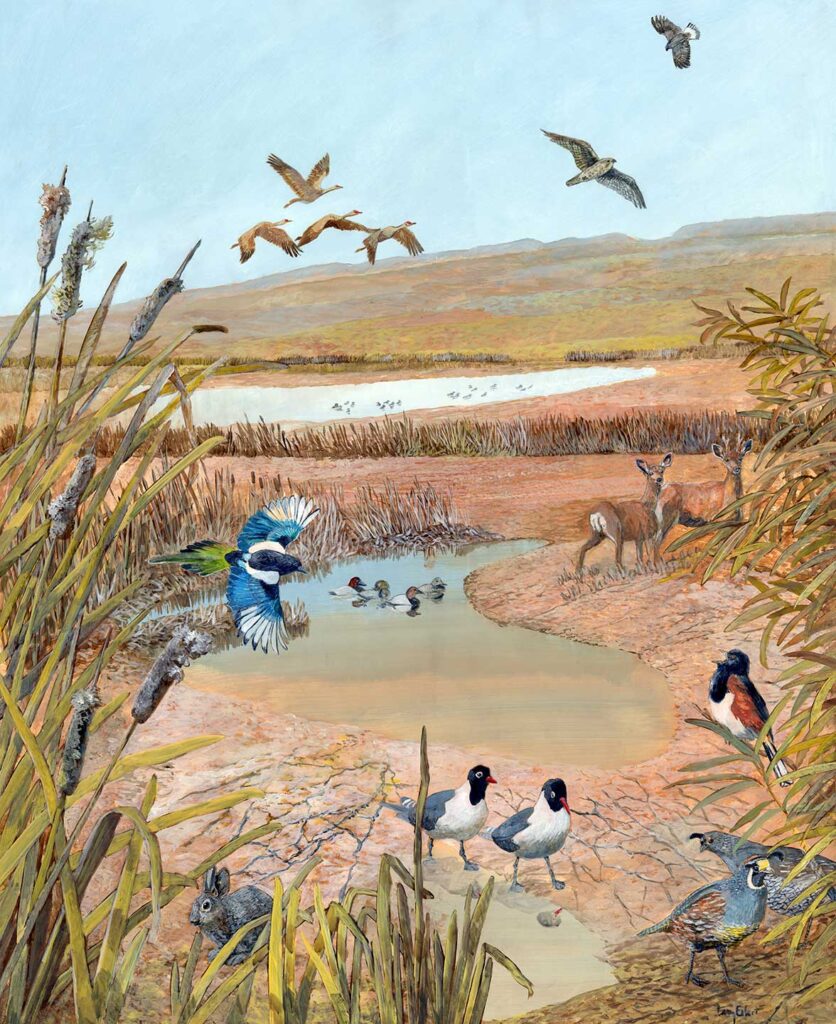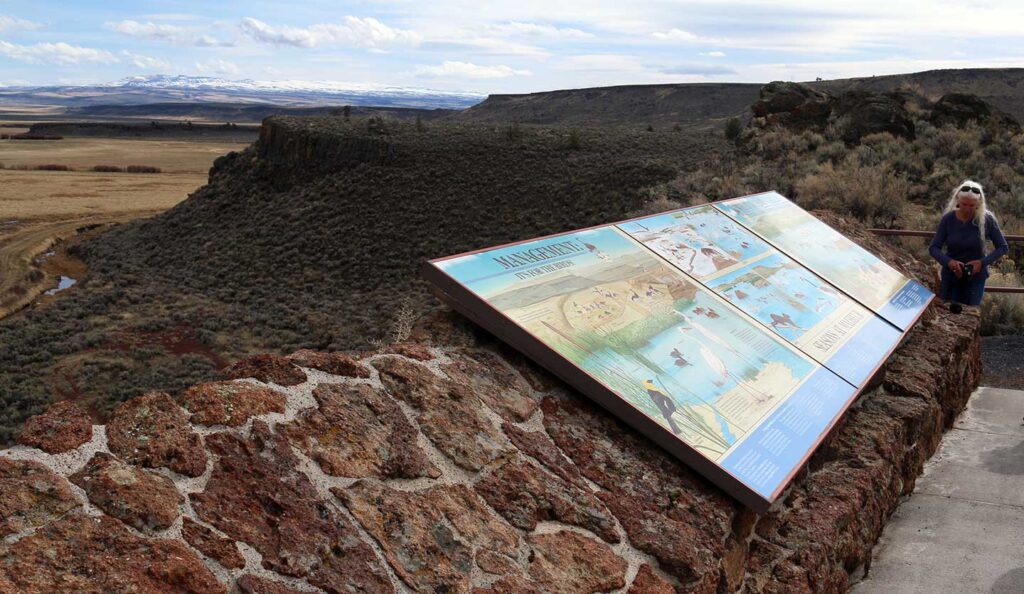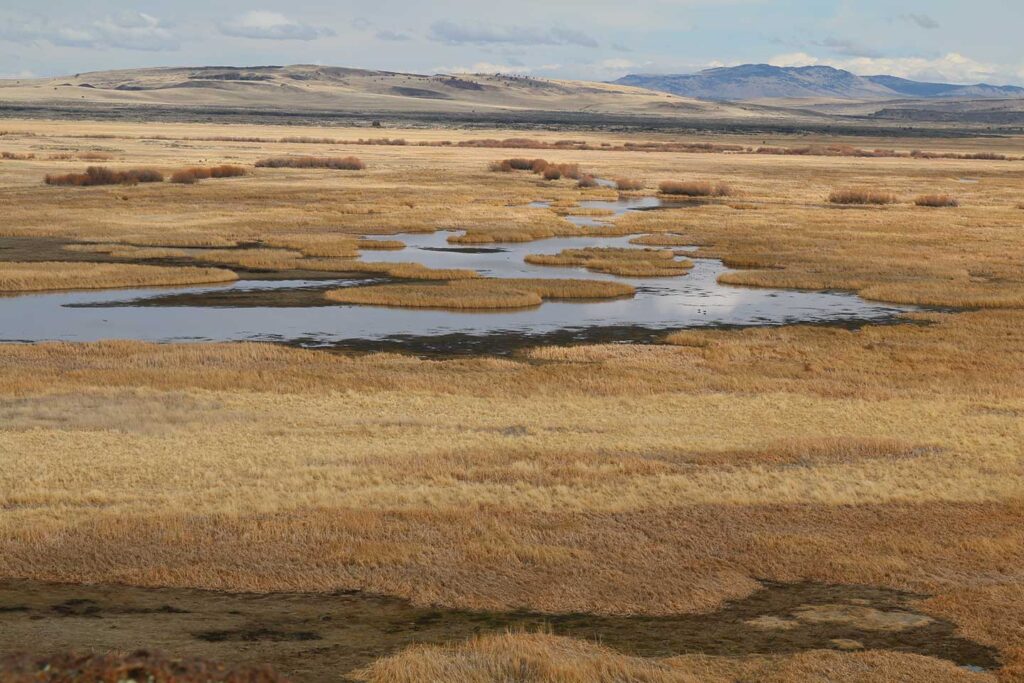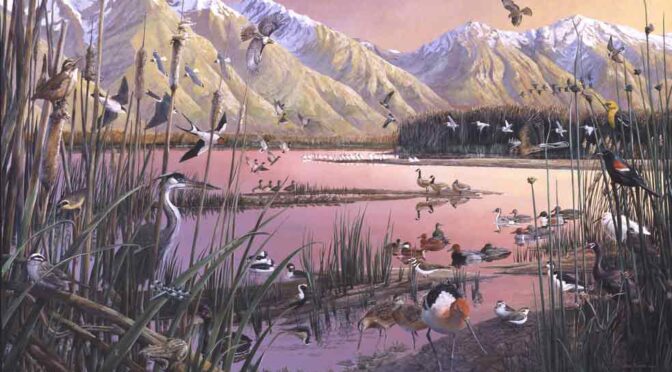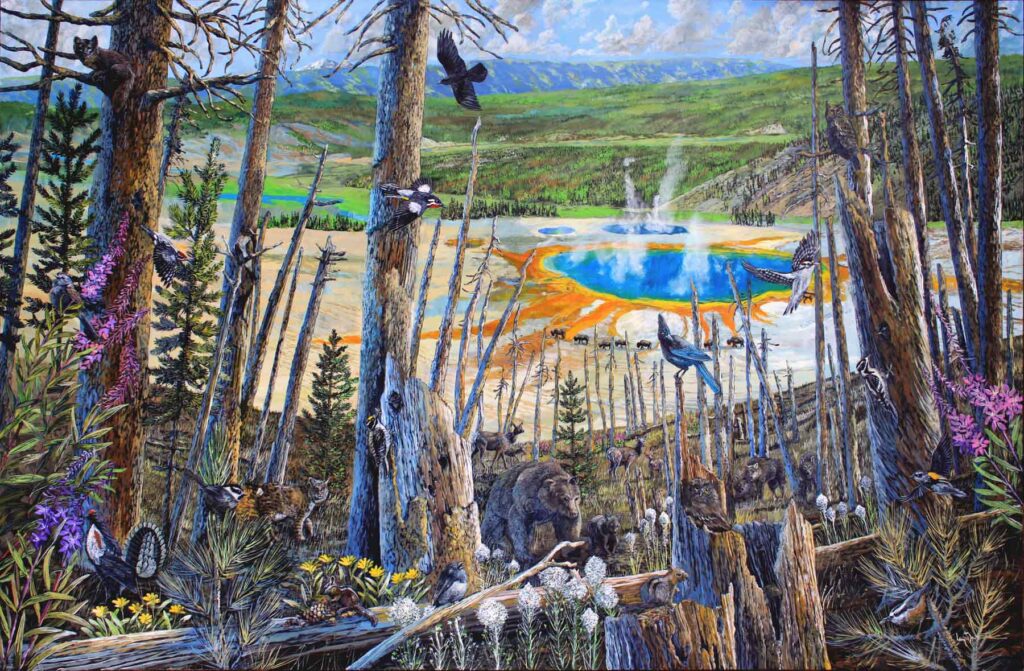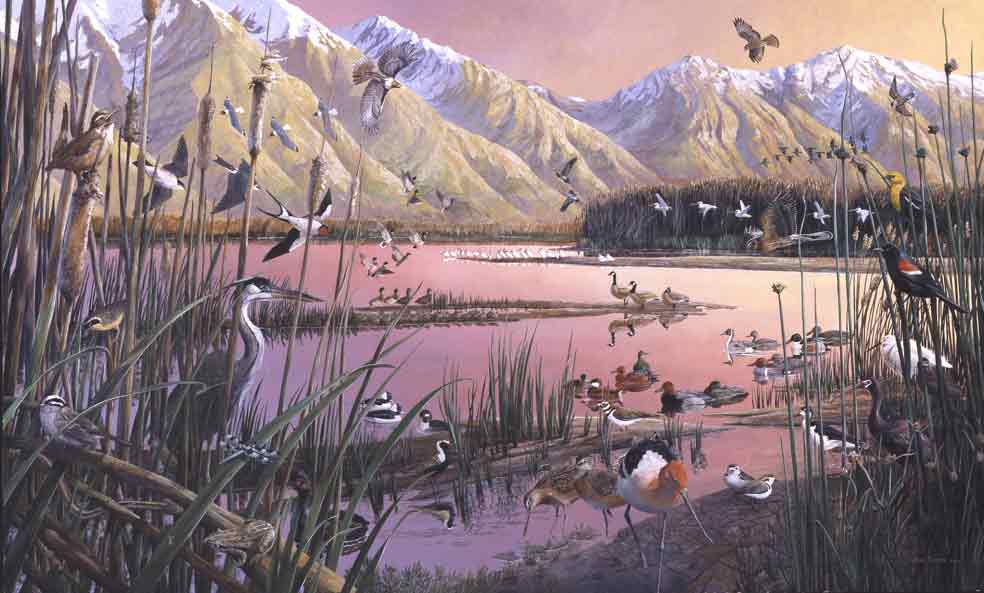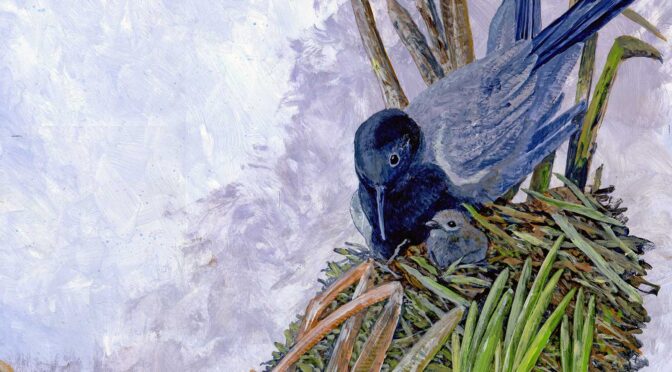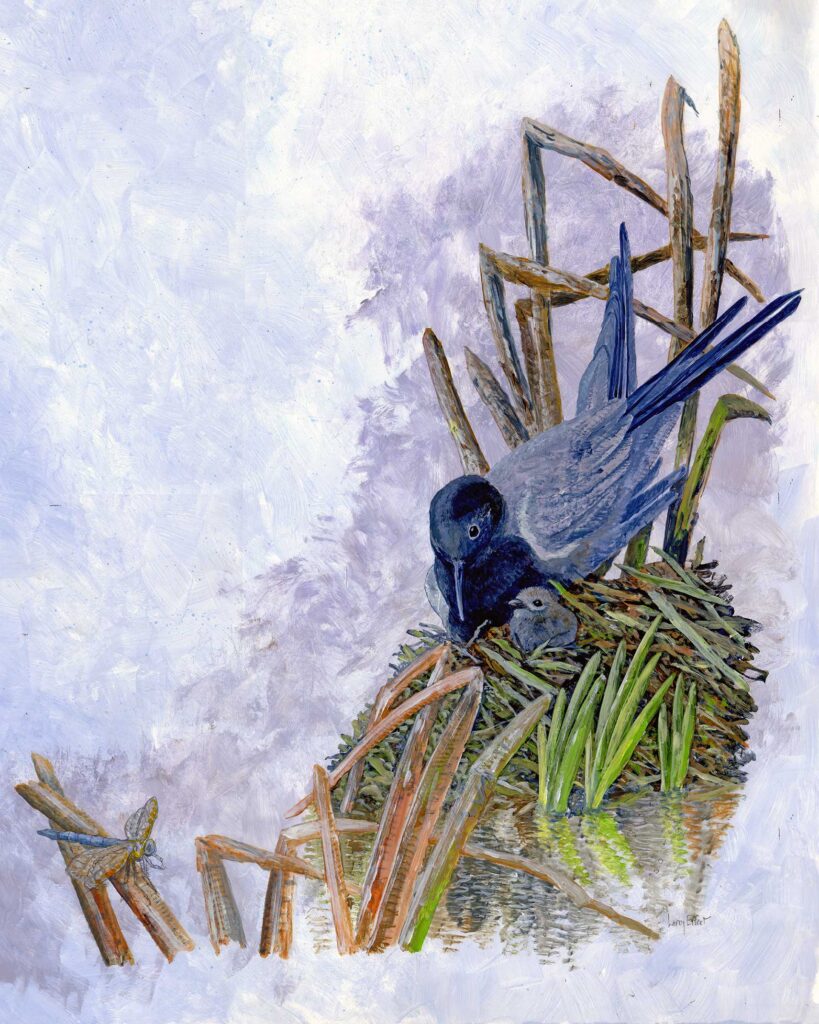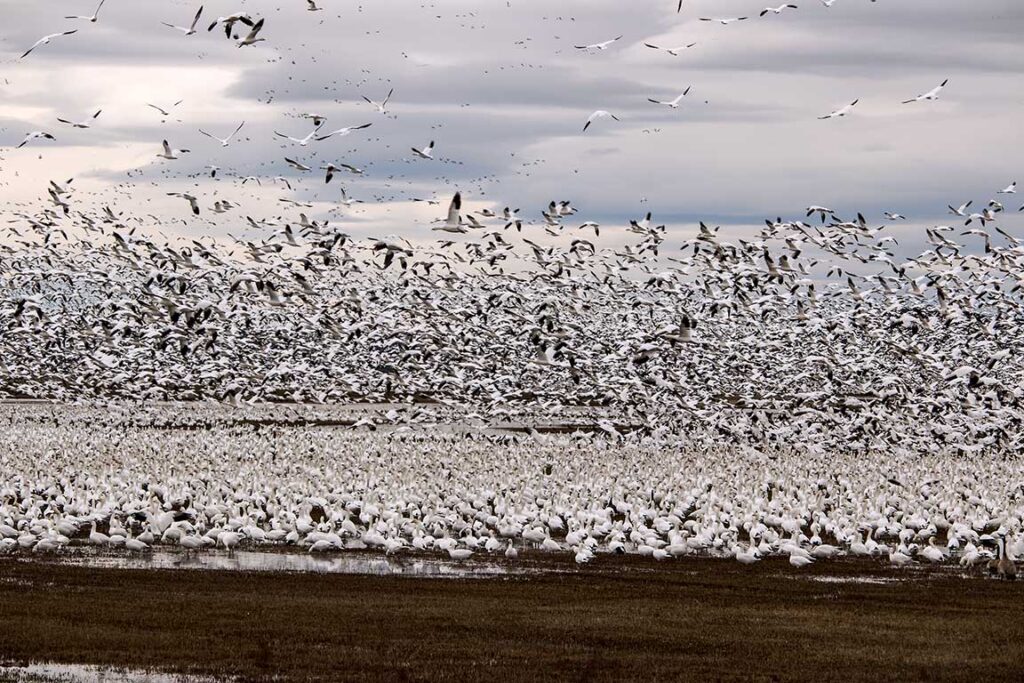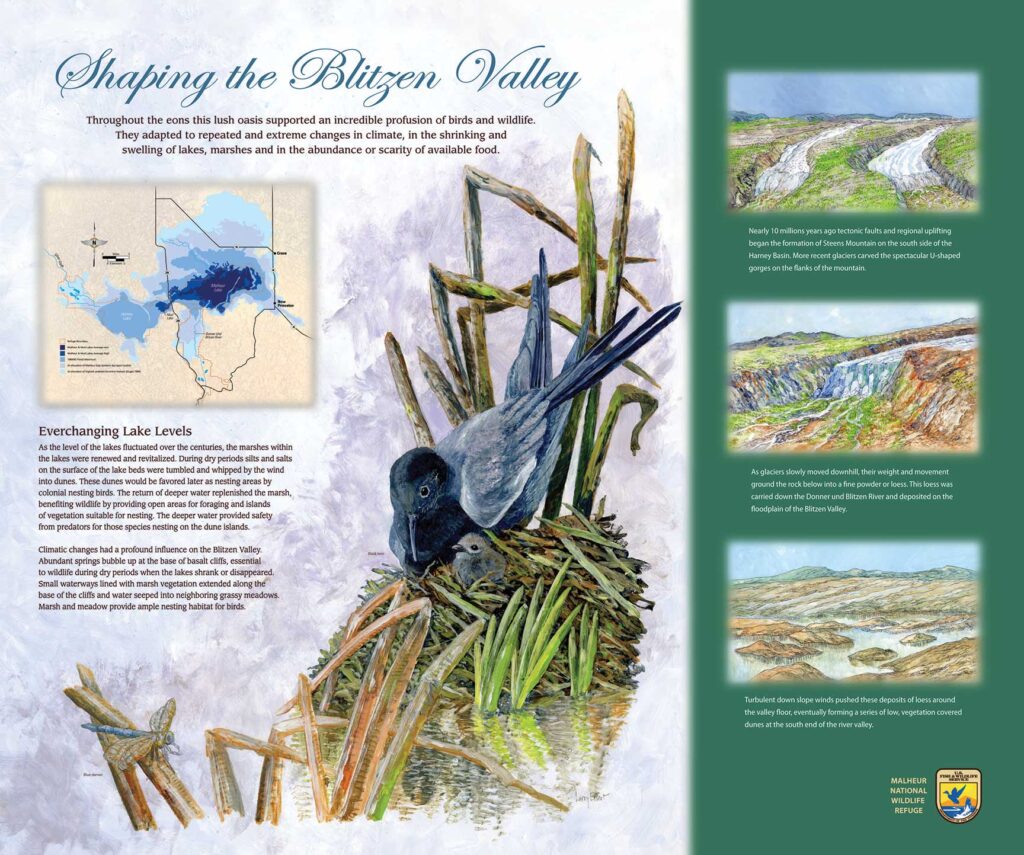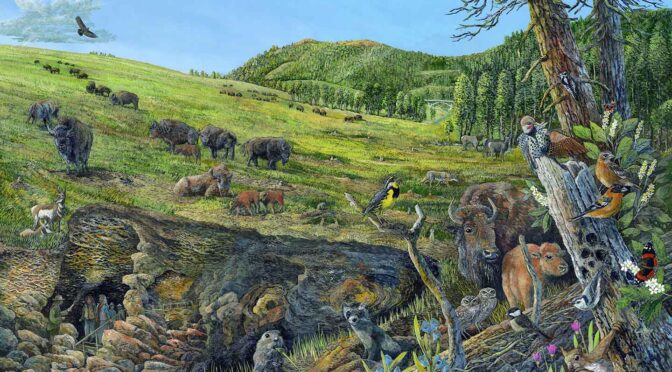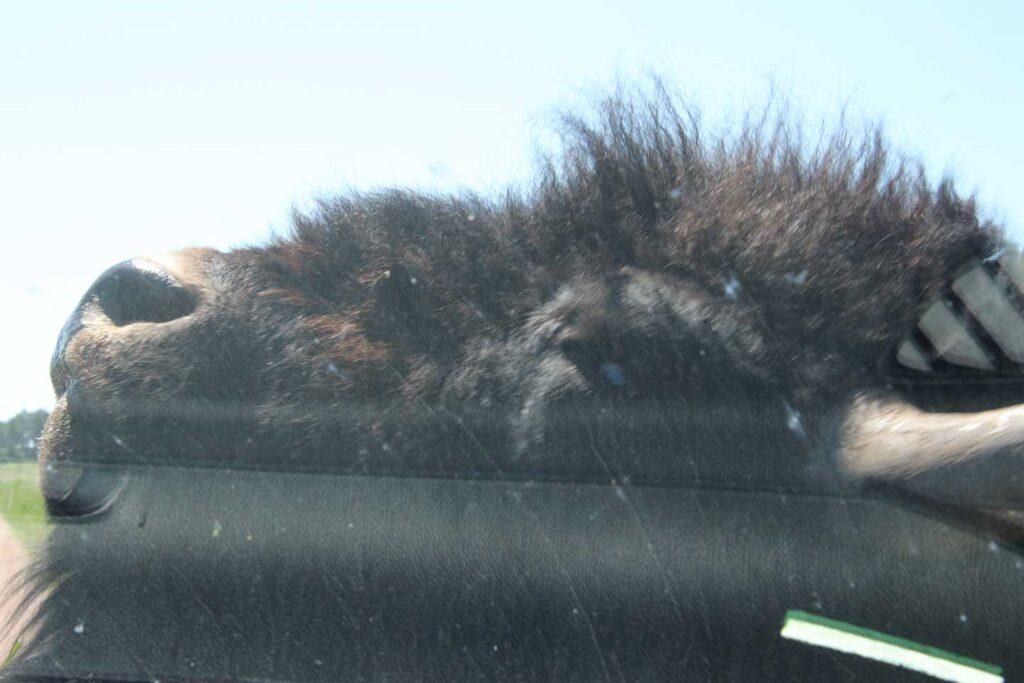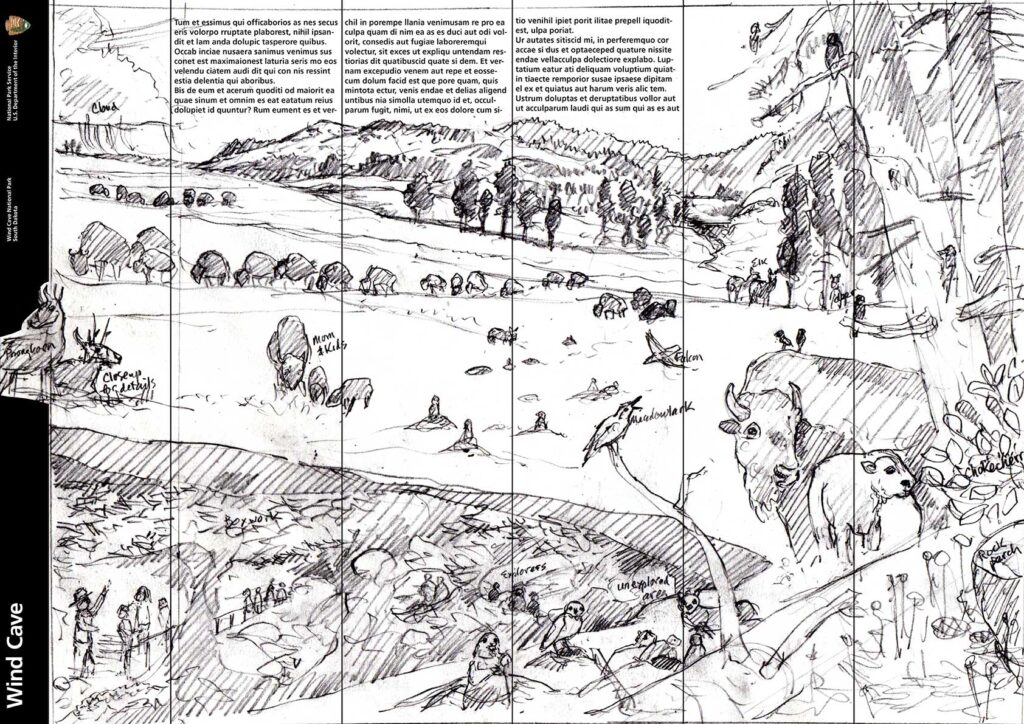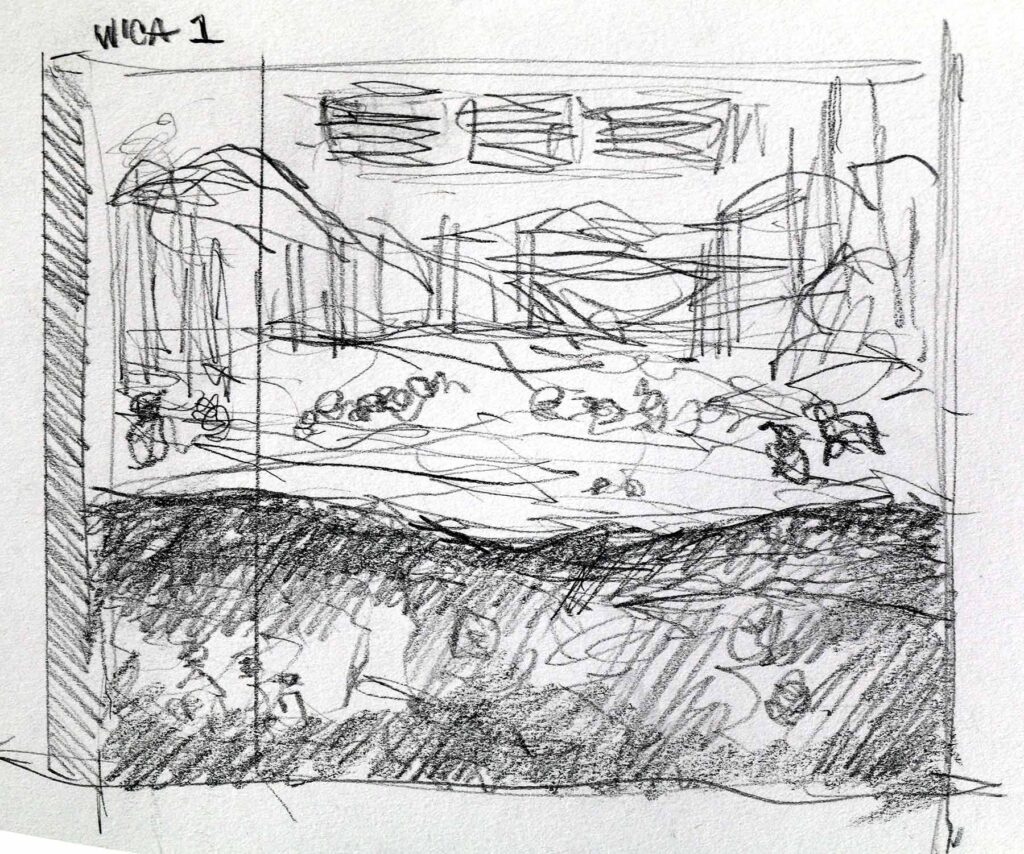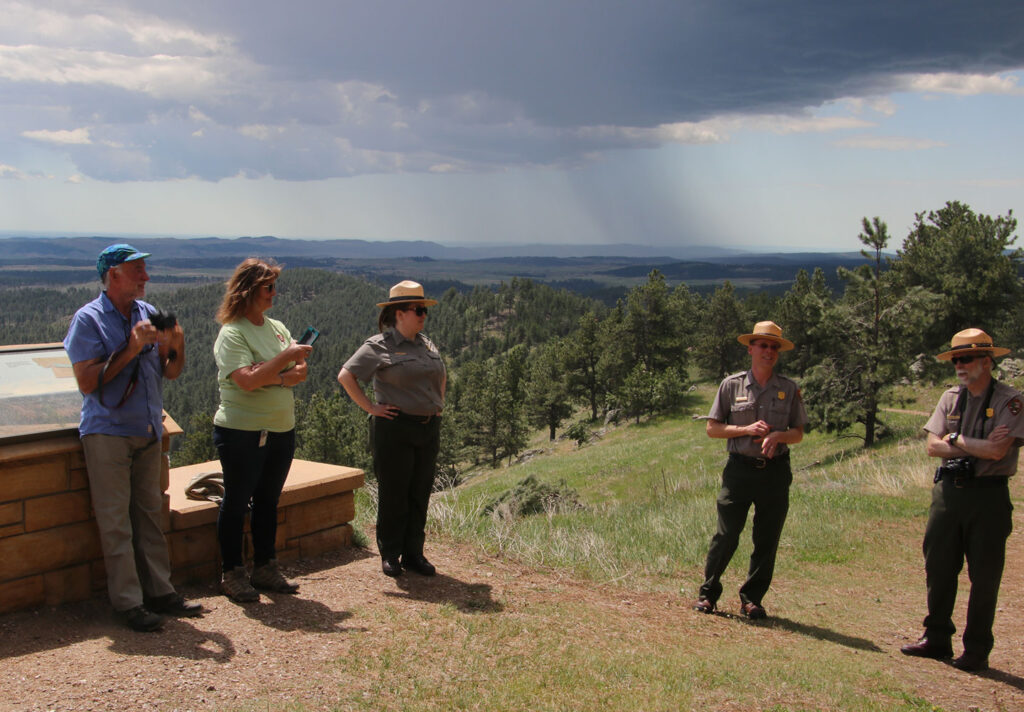This is my 48 North magazine page for the month about the Pacific Northwest. It occurred to me that I haven’t posted a single issue this year, what with all the other art flowing out of my studio!
This was the 100th story I’ve written for this magazine! I’ll say that again, the 100th monthly story, 8 1/2 years worth!! And there were lots of other stories they took before this caught on. Anyway, here’s the text that goes with number 100.
No other Northwest fish can match the amazing color changes of the Irish Lord. This bottomfish simply (well, simple for them, evidently) looks at their surroundings and immediately changes skin color AND pattern to match. Red coral, no problem – gray mud, they’ll turn gray – green seaweed and it’s a blotchy green fish. The eyes even change color and add texture and patterns, and that seems to be something few other camouflage creatures can do. It’s the shine of the eye that gives away the deer fawn’s existence, but for the Irish Lord – it will just float, frozen in place and looking like a mass of tube worms or anemones. This sit-and-wait trait also works well for their hunting skills, since even their prey can’t see them until it’s too late.
Irish Lords are large fish for sculpins and can reach 20” in length. They have unusually large eyes relative to their bodies and like most other sculpins, they’re only partially scaled. They live along all the coastal Pacific from Russia to Monterey, Ca in shallow water but down as deep as 1500 feet. Irish Lords gather in spawning areas once a year and it’s possible the same pairs return to the same spawning rocks season after season. The male builds the nest. These would be in places of high current and both parents guard the pinkish eggs until they hatch. The current might aid in dispersal when they’re most vulnerable and give the young a fin-up on success. These are beautiful fish and thanks to their spiny array aren’t sought after for food. Lucky for them, and lucky us when we can appreciate them alive.
Larry Eifert paints and writes about the Pacific Northwest from Port Townsend. His large-scale murals can be seen in many national parks across America, and at larryeifert.com.
Then this amazing photo of a friend, by a friend:
Nancy took this photo out our window recently. This bobcat comes around fairly often, goes after our squirrels but judging by the number still here, it’s not a great little hunter. Check out the size of that front paw in relation to its head. To have this sort of wildlife experience right here at home never ceases to make me appreciate the Olympic Peninsula. And, it makes me want to continue to express myself with paintings about it – as well as all the other places we go. I’m going to write more about this going forward. It’s a passion for life I’d like to share.
Thanks for reading this week.
Larry Eifert
Here’s my Facebook fan page. I post lots of other stuff there.
Click here to go to our main website – with jigsaw puzzles, prints, interpretive portfolios and lots of other stuff.
Nancy’s web portfolio of stunning photography and paintings
And here to go to Virginia Eifert’s website.
